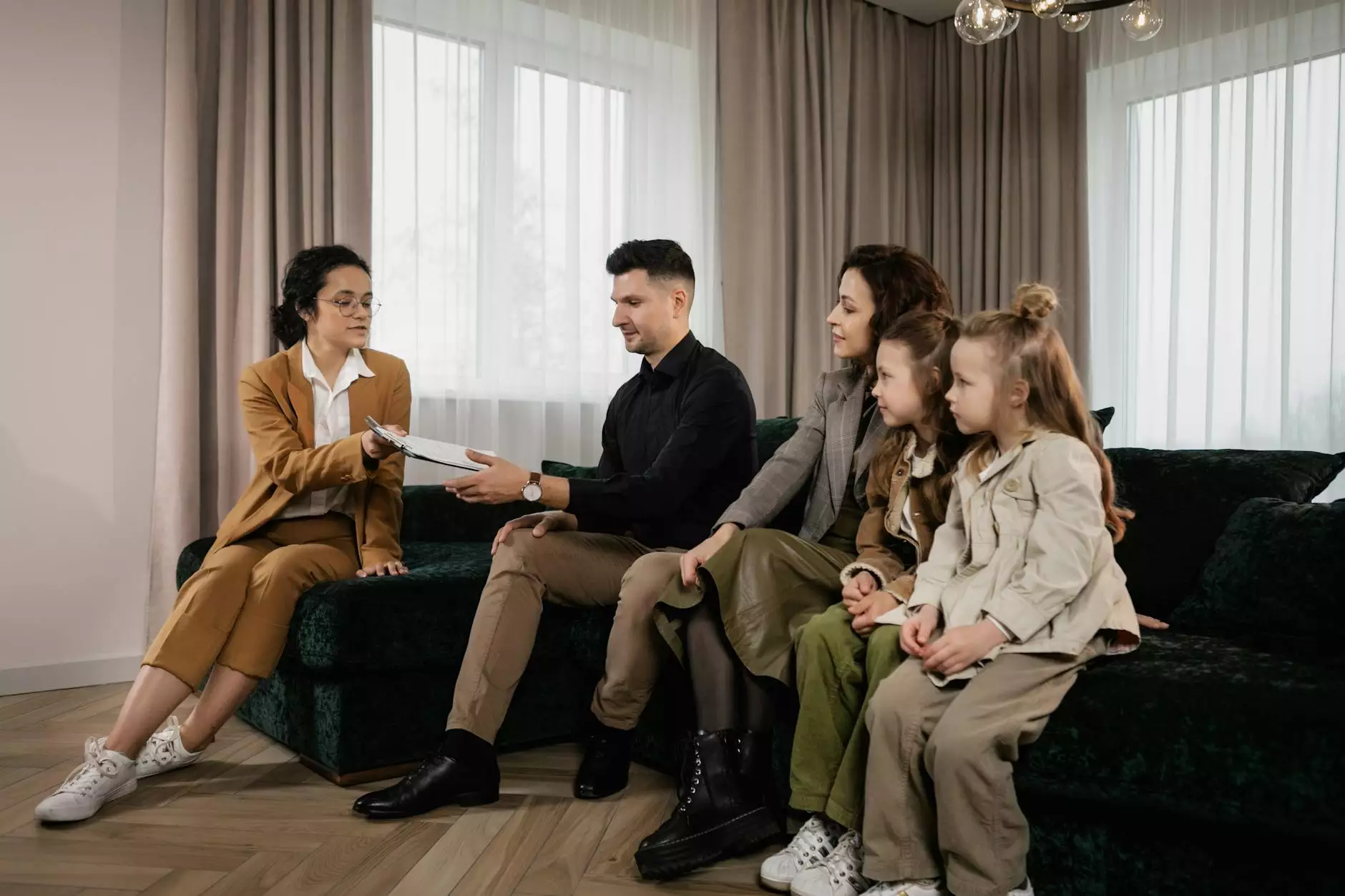What are the different types of child custody and visitation?
Divorce Law
When it comes to child custody and visitation, there are various options available to parents and families. Understanding the different types of child custody arrangements and visitation schedules can help you make informed decisions regarding the well-being of your child. James D Jones, a trusted and experienced attorney, specializes in family law and can provide expert guidance and representation throughout the child custody process.
Types of Child Custody
1. Sole Custody:
Sole custody refers to a situation where one parent has full legal and physical custody of the child. This means that the child primarily resides with one parent, and that parent has the sole responsibility for making important decisions regarding the child's upbringing.
2. Joint Custody:
Joint custody involves both parents sharing legal and physical custody of the child. This means that the child spends significant time with each parent, and both parents have a say in making important decisions about the child's life.
3. Physical Custody:
Physical custody refers to where the child resides on a regular basis. If a parent has physical custody, it means that the child primarily lives with them, spending the majority of their time in that parent's home.
4. Legal Custody:
Legal custody refers to the authority and responsibility for making important decisions about the child's upbringing, such as education, healthcare, and religious affiliation. In cases of joint legal custody, both parents have an equal say in these decisions.
Visitation Options
1. Scheduled Visitation:
Scheduled visitation involves a specific visitation schedule outlined in a parenting plan or court order. This provides a structured routine for the non-custodial parent to spend time with the child.
2. Reasonable Visitation:
Reasonable visitation allows the parents to work together to determine the visitation schedule based on their availability and the best interests of the child. This option provides flexibility, but requires open communication and cooperation between the parents.
3. Supervised Visitation:
Supervised visitation is typically ordered when there are concerns about the safety or well-being of the child. In this arrangement, the visitation sessions are supervised by a neutral third party to ensure the child's welfare is protected.
4. No Visitation:
In certain situations where there are serious safety or abuse concerns, the court may decide that no visitation between a parent and the child is in the best interest of the child's well-being.
Consult James D Jones for Expert Legal Assistance
Child custody and visitation matters can be complex and emotionally challenging. It is crucial to have the guidance of a knowledgeable attorney like James D Jones, who has extensive experience in handling family law cases.
With his expertise and compassionate approach, James D Jones can provide you with the necessary legal support and representation to protect your rights as a parent and ensure the best interests of your child are met.
Don't hesitate to reach out to James D Jones today for a confidential consultation and let his expertise in child custody and visitation matters guide you through the legal process.










